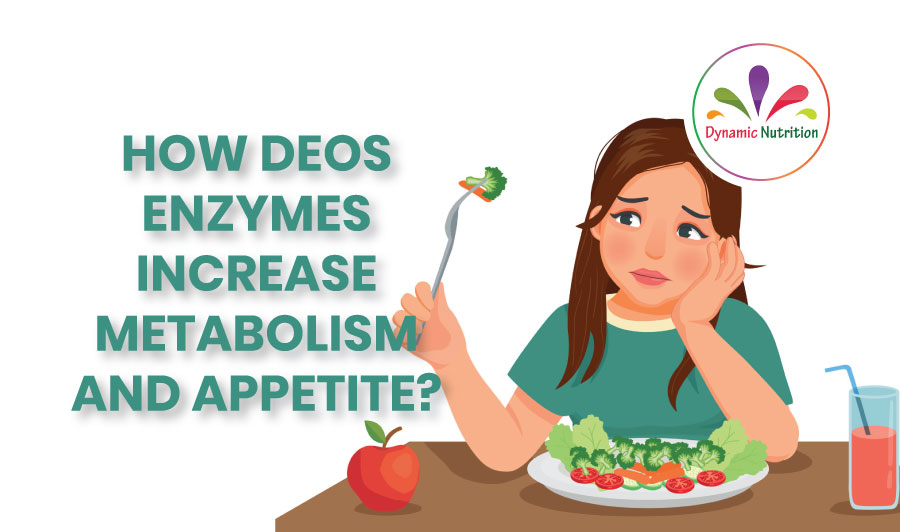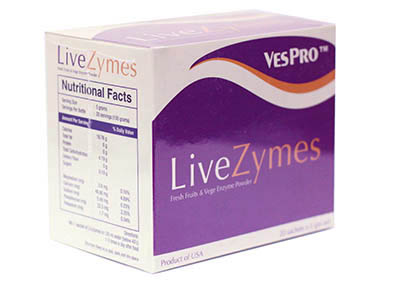 Enzymes are essential for the normal functioning of the body’s metabolism, which involves the conversion of food into energy and the building of new tissues. Enzymes are involved in every metabolic process in the body, including the breakdown of carbohydrates, proteins, and fats, the synthesis of new molecules, and the elimination of waste products.
Enzymes are essential for the normal functioning of the body’s metabolism, which involves the conversion of food into energy and the building of new tissues. Enzymes are involved in every metabolic process in the body, including the breakdown of carbohydrates, proteins, and fats, the synthesis of new molecules, and the elimination of waste products.
1. Digestive enzymes
Digestive enzymes are produced by various organs of the digestive system, including the mouth, stomach, pancreas, and small intestine. They help break down food into smaller units that can be absorbed by the body, such as glucose, amino acids, and fatty acids. Without enzymes, the body would not be able to extract the nutrients it needs from food, and metabolism would slow down.
When the digestive enzymes are working efficiently, they can help increase metabolism and improve appetite by ensuring that the nutrients from food are properly utilized by the body.
2. Metabolic enzymes
Metabolic enzymes, on the other hand, are involved in various metabolic pathways that occur in cells throughout the body. These pathways involve the breakdown and synthesis of various molecules, such as glucose, amino acids, and fatty acids, and the production of energy in the form of ATP. Enzymes help facilitate these reactions by lowering the activation energy required for them to occur.
When these enzymes are active, they can help increase metabolism and improve appetite by facilitating the production of energy from food.
3. Hormones
Some enzymes act as hormones, which are chemical messengers that regulate various physiological processes in the body. For example, the hormone ghrelin, which is produced in the stomach, stimulates appetite by increasing the secretion of digestive enzymes and promoting the release of growth hormone. Other hormones, such as insulin and glucagon, regulate the metabolism of carbohydrates and fats by stimulating the production of enzymes that break down these nutrients.
4. Enzyme Peptide
Enzyme peptides are short chains of amino acids that can act as enzymes in the body. Enzyme peptide supplements as they are believed to be more effective at increasing metabolism and improving appetite than other types of enzymes.
Enzyme peptides are thought to be more effective because they are smaller and more easily absorbed by the body than larger enzymes. Additionally, enzyme peptides can be more specific in their action, meaning that they can target particular types of nutrients or molecules, such as carbohydrates or fats.
Conclusion
Overall, enzymes are essential for the normal functioning of the body’s metabolism, and individuals should ensure they are getting a balanced diet that contains all the necessary enzymes and nutrients for optimal health.
Related Topics:
Aren’t There Enough Enzymes in the Food We Eat?
LiveEssence – Pristine clear liquid concentrate containing enzymes and colloidal minerals
The Important Roles Of Trace Minerals
12 Foods That Contain Natural Digestive Enzymes
Papaya Enzymes (Papain)- Natural Remedy For Heartburn
Is Your Digestive System Working Well?
10 Interesting Facts About Our Digestive System
LiveZymes – Digestive Enzymes From 12 Different Food & Fruits













Facebook Comments